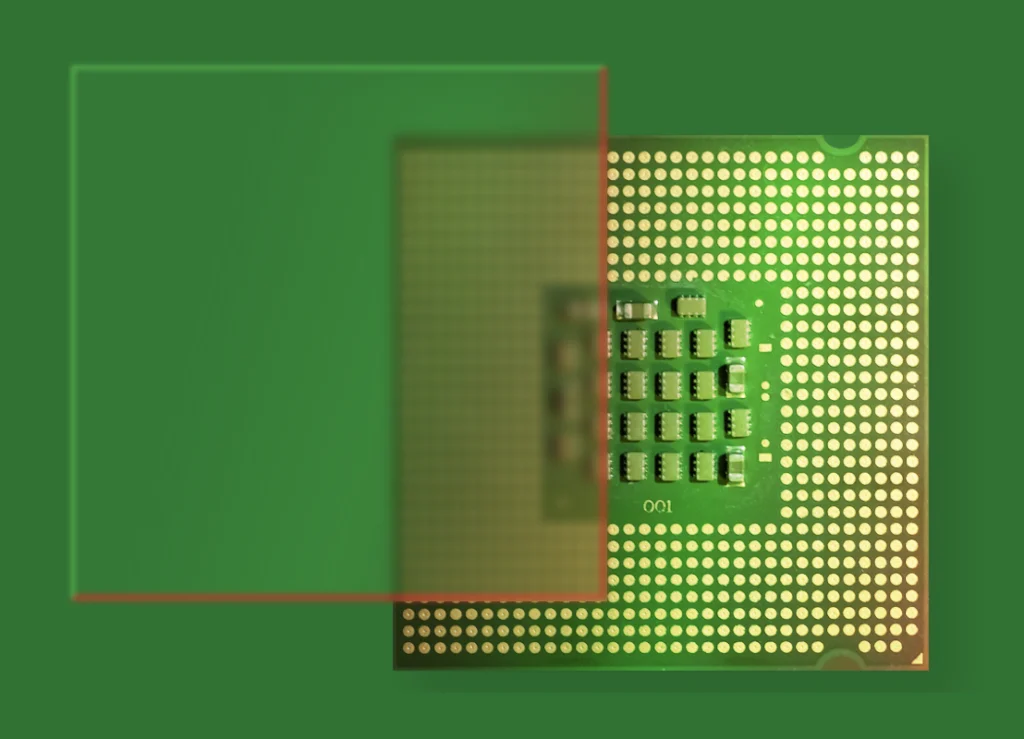Insider Brief
- CDimension, an MIT spin-out developing next-generation semiconductor hardware, announced its first early-stage university customers: Carnegie Mellon University, Duke University, and UC San Diego.
- The universities are using CDimension’s wafer-scale 2D materials, such as molybdenum disulfide (MoS₂), to accelerate research in nanoelectronics, advanced integration methods, and high-performance hardware.
- CDimension is pursuing a dual-track model, supplying reproducible 2D materials to research teams while also developing proprietary 3D IC architectures with potential applications in AI, quantum computing, and edge systems.
PRESS RELEASE — CDimension, an MIT spin-out building foundational computing hardware, is advancing its mission to revolutionize next-generation semiconductors and integration technologies. The company announced its first early-stage university customers: leading US research institutions Carnegie Mellon University, Duke University, and UC San Diego. These universities are now leveraging CDimension’s wafer-scale 2D materials to accelerate the development of high-performance electronics for advanced semiconductor applications.
Broadening the Market for 2D Materials
These customers reflect a growing demand among industry players for trusted, high-quality materials that accelerate fabrication. CDimension’s 2D materials, such as molybdenum disulfide (MoS₂), are enabling researchers to pursue work that was previously limited by unreliable or time-consuming materials synthesis.

“Bringing 2D materials from the lab to real-world applications requires reproducible, high-quality films that can scale across full wafers,” said Professor Xu Zhang, Associate Professor of Electrical and Computer Engineering at Carnegie Mellon University. “CDimension’s wafer-scale monolayers make it much easier for us to prototype circuits and systems at true wafer-scale, helping bridge the gap between research and manufacturing. This gives us an excellent and unique opportunity to achieve Lab-to-Fab transfer, which is crucial for semiconductor research and the development of energy-efficient, high-performance hardware in electronics, photonics, and healthcare.”
At Duke University, researchers are applying CDimension’s materials to develop advanced integration methods and automated nanofabrication techniques.
“High-quality, reproducible 2D materials are becoming more and more essential for advancing the next generation of nanoelectronic devices,” said Dr. Haozhe Wang, Assistant Professor of Electrical and Computer Engineering at Duke University. “CDimension’s high-quality MoS₂ meets the rigorous standards our lab requires, allowing us to shift more of our focus to fabrication process development and device engineering, without getting bottlenecked by materials synthesis. This accelerates our work on advanced integration methods and autonomous manufacturing processes.”
Early Foundry Support
On the manufacturing side, CDimension is already working with Powerchip Semiconductor Manufacturing Corporation (PSMC) to fabricate early circuit-level test structures. By validating its materials through standardized silicon workflows, CDimension aims to reduce integration risk for future commercial products.
Dual-Track Model
CDimension is executing on a dual-track strategy that balances near-term commercialization with long-term technology development:
- Materials Commercialization – CDimension is supplying high-quality 2D materials, such as MoS₂ monolayers, to academic and industrial R&D teams working on nanoelectronics, sensors, photonics, and other next-generation systems. This early commercial activity is already generating revenue and building customer relationships within the advanced materials ecosystem.
- IC Development – In parallel, the company is developing proprietary monolithic 3D ICs by integrating 2D materials into foundry-compatible process flows. These architectures are designed to enable future breakthroughs in AI, quantum computing, and high-performance edge systems.
“Our mission is to drive innovation in next-generation semiconductor and integration technologies,” said Jiadi Zhu, CEO of CDimension. “Along the way, we are supplying reliable 2D materials to researchers worldwide, helping them accelerate their work while also expanding the potential markets and applications for these materials. With the support of leading researchers and early foundry partners, we are laying the foundation for the next era of computing hardware.”
For more information or to request 2D materials samples and integration workflows, visit www.cdimension.com.















